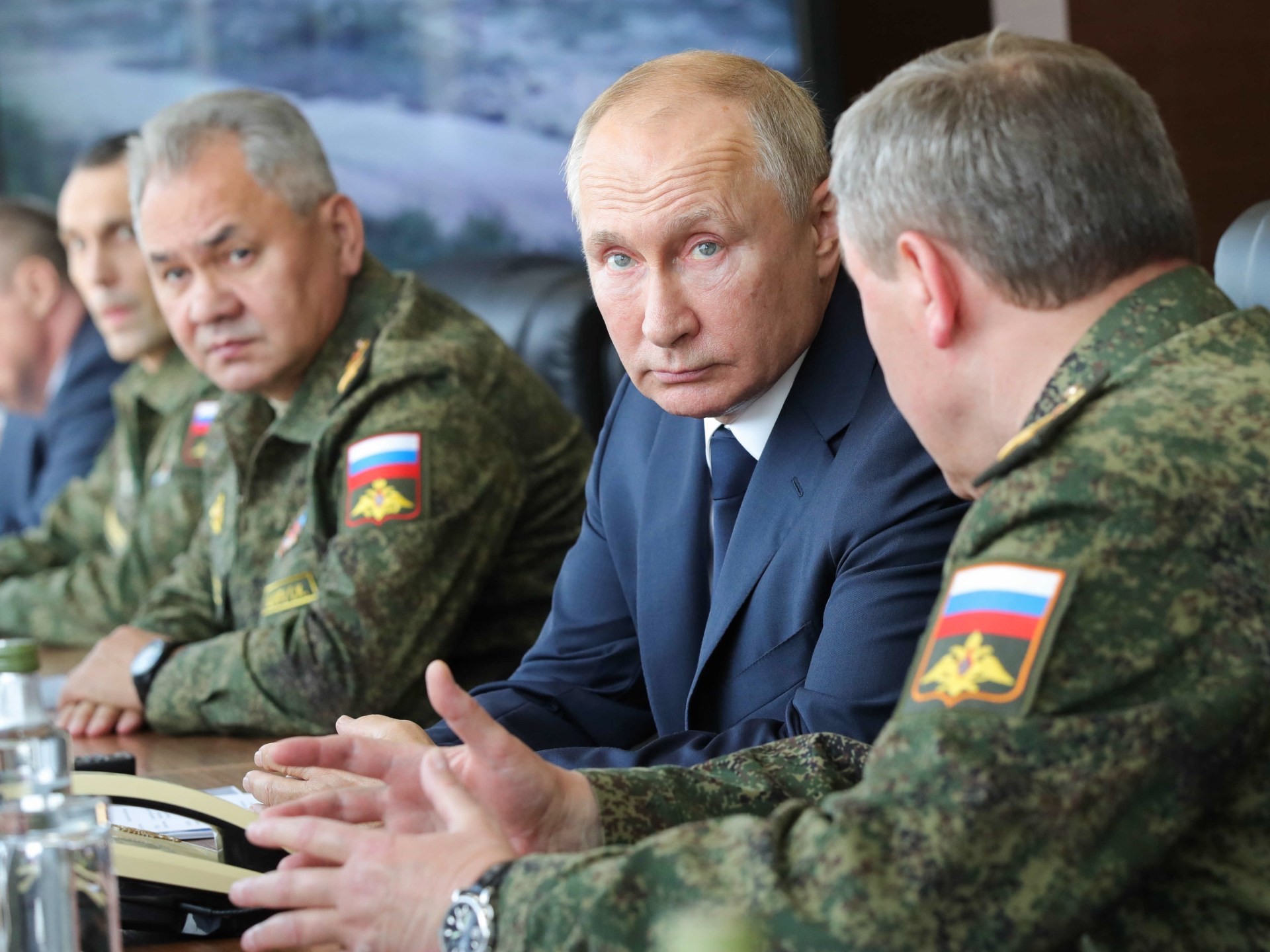American political analyst Peggy Noonan stressed that it is difficult to imagine a peaceful solution to the current crisis, which was perpetuated after the Ukraine war, in light of President Vladimir Putin's continued in power.
Noonan spoke in an article in the Wall Street Journal about two coups in Russia (during the era of the Soviet Union), in which President Nikita Khrushchev was deposed in October 1964, and then Mikhail Gorbachev in 1991.
The analyst, who won the Pulitzer Prize in 2017, suggested that talks had begun within Russia's vital institutions against Putin, especially the intelligence service, the army and even the Cabinet.
Scenario
She said that if these institutions had started this conversation among themselves, it would be based on the idea that Putin was the one who led the war on Ukraine, a war that was carried out poorly, and it is likely that he will not achieve a victory in it with conventional weapons, and on the other hand, the use of nuclear or chemical weapons would cause Material and moral effects for Russia, and the negative repercussions of the war on the Russian economy are great.
She added that this is a situation that neither the elite, nor the middle class, nor even the people of remote areas want, who see that all they get from this cause is the sacrifice of their children.
Noonan spoke about the coup that overthrew former Soviet President Nikita Khrushchev in 1964, and how the coup leaders - at the party's Politburo meeting - accused him of mismanagement and nepotism. He admitted some of his mistakes but defended his policies strongly, before he had to accept his fate in the second meeting.
The official TASS news agency reported at the time that he had "retired" due to his deteriorating health and advanced age.
As for Gorbachev's case, Noonan said that he was at his home in the Black Sea when communications were cut off from him and he was placed in detention, and the official version was that Gorbachev left for health reasons.
But the plan failed after angry demonstrations rejecting the coup, and Boris Yeltsin led the political scene even after Gorbachev returned to Moscow, and took control of the government, and Gorbachev submitted his resignation.
She explained that Putin undoubtedly benefited and studied how the two coups ended, and it is possible that he conducted a deep study of both, and said that providing assistance to the "dissidents" would be by showing the required seriousness in the current crisis, while raising the same slogan that distinguished the Cold War era and its content "we are against the government's actions." But we feel respect and appreciation for the people of Russia, with whom we want nothing but peace.”

